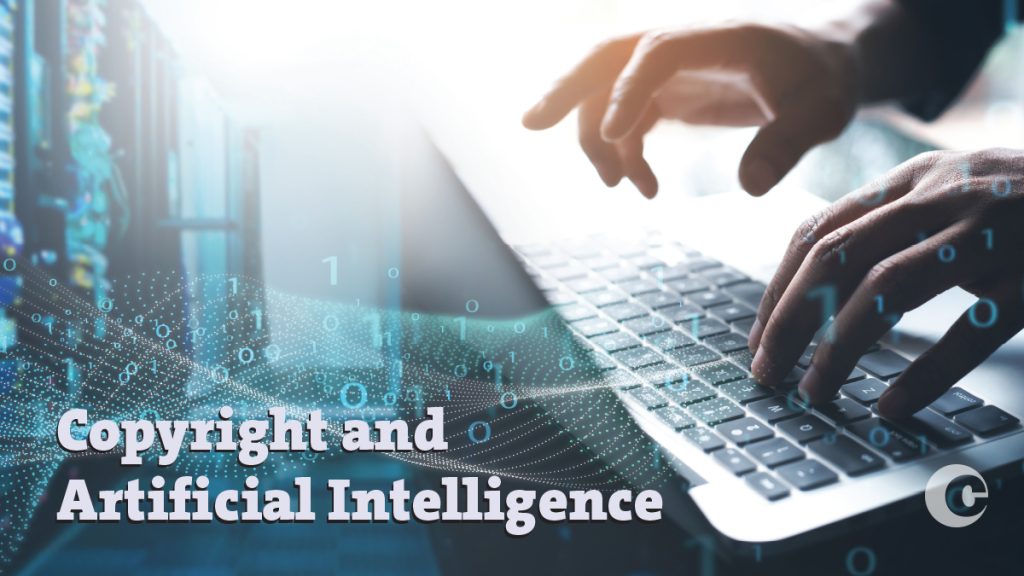The U.S. Copyright Office (USCO) recently released some new guidance on copyrighting media created with the help of AI. This comes at a time when AI is playing an increasingly significant role in the music industry and beyond. The RIAA has even launched the “Human Artistry Campaign” to ensure that human creators are properly rewarded for their work.
US Copyright Office On AI-created Media
The USCO emphasized that copyright can only protect material that is the product of human creativity. So, when it comes to AI, they’ll evaluate works on a case-by-case basis. This is in order to determine whether AI assisted in the creative process or drove the process with limited human input. If the traditional elements of authorship were produced solely by a machine, then the work lacks human authorship and won’t be registered for copyright.
However, some AI-created media will contain sufficient human authorship to support a copyright claim. For example, works created by AI and then altered by humans to a significant degree may be eligible for copyright protection. But, copyright will only protect the human-authored aspects of the work.
The USCO also acknowledged the far-reaching copyright implications of AI. The agency intends to launch an agency-wide initiative to delve into these issues. They plan to publish a notice of inquiry later this year seeking public input on additional legal and policy topics. This includes how the law should apply to the use of copyrighted works in AI training. It will also detail the resulting treatment of outputs.
Overall, it’s a complex and somewhat subjective topic. One in which applicants have a duty to disclose the inclusion of AI-generated content in their work submitted for registration. In addition to this, they will need to provide a brief explanation of the human author’s contributions to the work. It should be noted that individuals who use AI technology in creating work may still claim copyright protection for their own contributions to that work.
For more information, be sure to head over to the official USCO website, here.
[H/T] – Digital Music News
